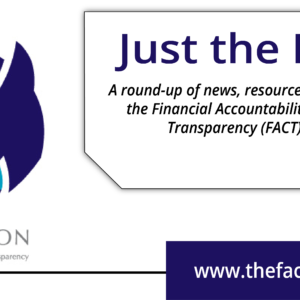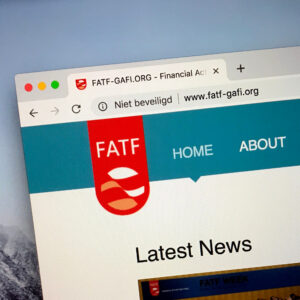FATF Evaluation Notes the U.S. Anti-Money Laundering “System Has Serious Gaps that Impede Timely Access to Beneficial Ownership Information”
Last week, the Financial Action Task Force (FATF)—the international body that sets anti-money laundering and counter-terror financing (AML/CFT) standards—released its first review of the United States’ efforts to combat dirty money since 2006. While the FATF report finds that the U.S. generally has a decent AML/CFT framework, it notes that there remains a gaping hole in the regime: the problem of anonymous shell companies.
The FATF release states:
“The United States has a well-developed and robust anti-money laundering and counter-terrorist financing (AML/CFT) regime through which it is effectively investigating and prosecuting money laundering and terrorist financing. However, the system has serious gaps that impede timely access to beneficial ownership information.”
Indeed, the U.S. remains one of the easiest places in the world for criminals, terrorists, and kleptocrats to open anonymous shell companies to launder illicit money with impunity, according to leading academics. That is because no U.S. state requires that information on the true, human owner (known as the “beneficial owner”) of an entity be disclosed to authorities at the time of incorporation.




